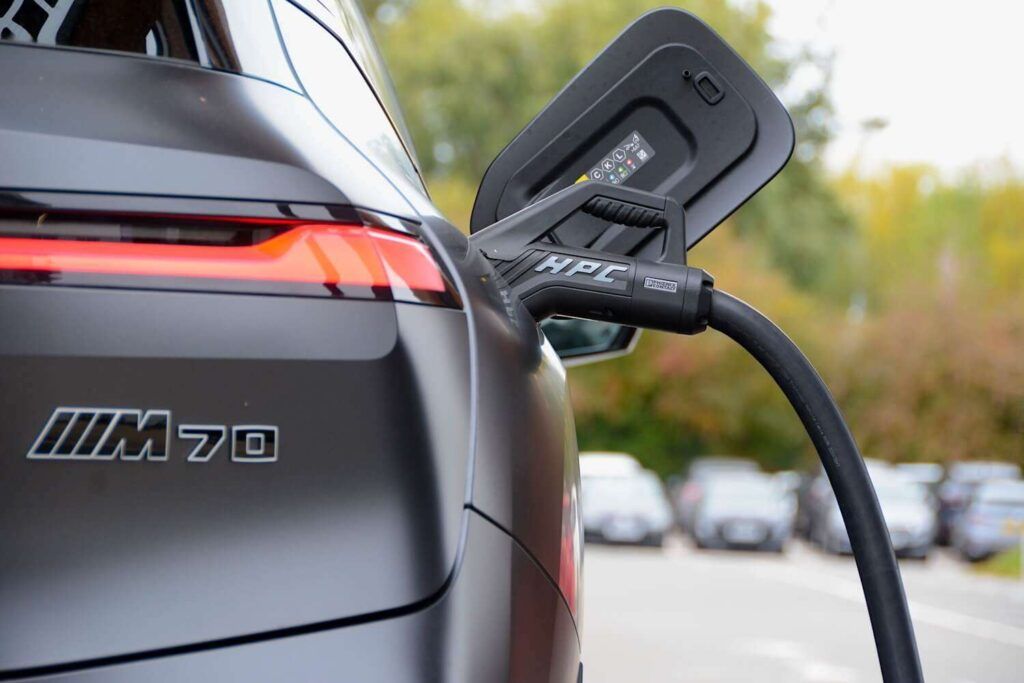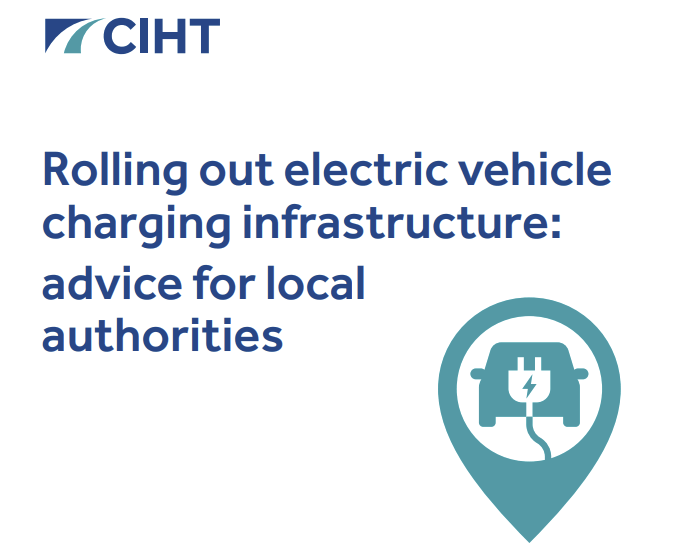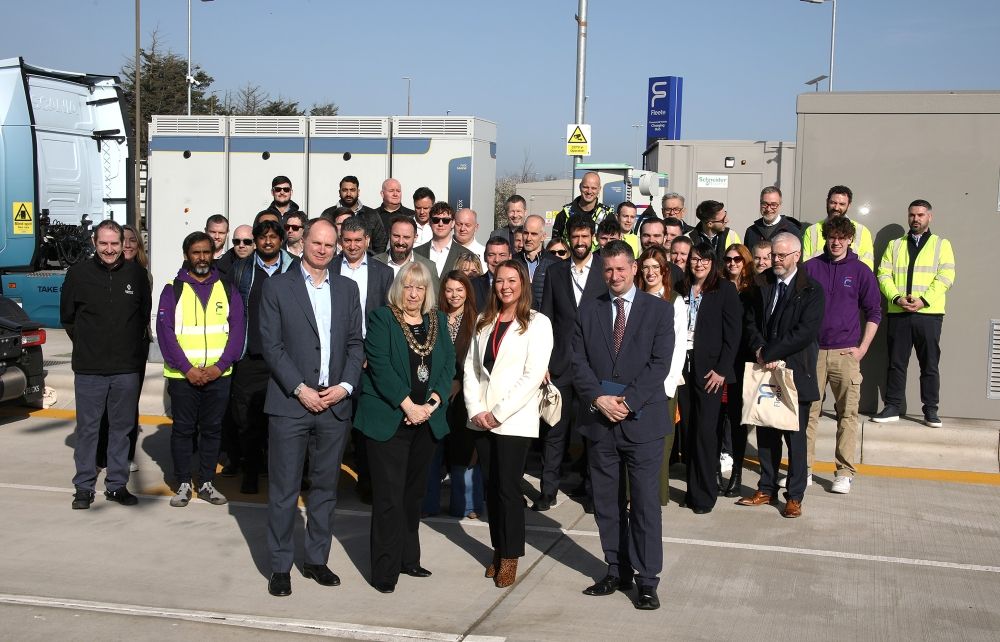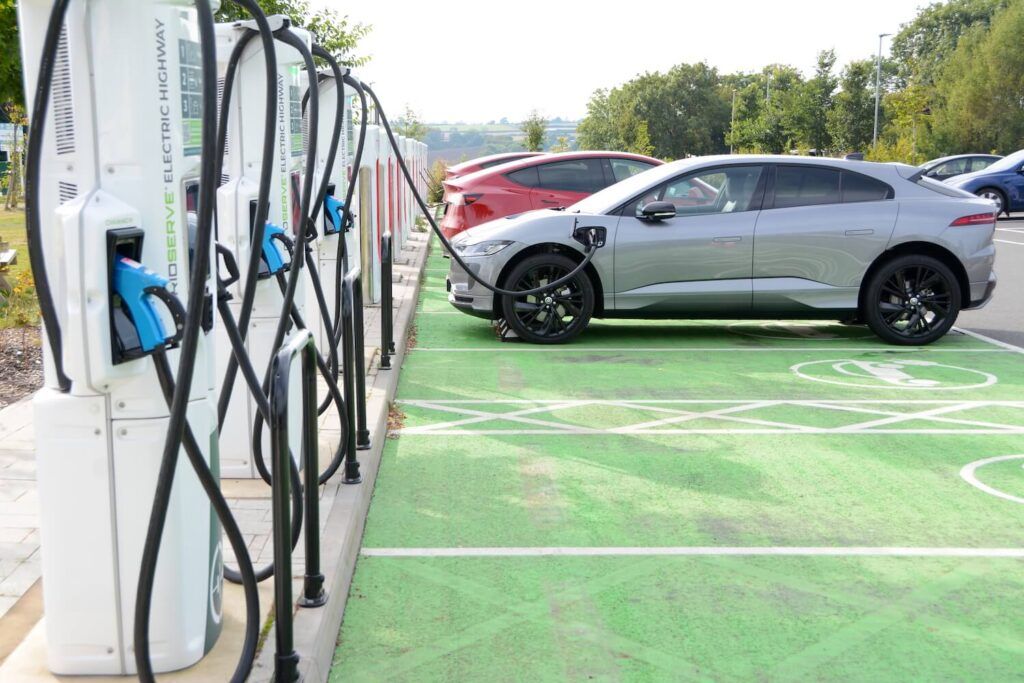The UK Government is set to invest £37.8m in green transport with 319 new zero emission buses.
As a result of the investment, every pound of government funding is set to be topped up by at least £3 of private investment, it said.
The funding has been allocated to twelve successful local authorities across England, following bids to expand their zero emission bus fleets, and will see 319 cleaner vehicles serving passengers by Spring 2027.
It comes as the Government made changes to the Zero Emission Vehicle Mandate, and allowed hybrid vehicles to be sold until 2035.
The Local Transport Minister Simon Lightwood will visit Hull to see how the funding will bring improved journeys for passengers, and discuss how highly skilled engineering and construction jobs will be created locally as electric bus infrastructure is delivered.
Among the biggest winners are Nottinghamshire County Council, who will benefit from £2.6m to launch 42 new electric buses, Hull City Council, where £3.9m has been allocated to provide 42 vehicles, and the West of England Combined Authority, who will receive nearly £20 million for 160 buses.
This funding comes on top of the Zero Emission Bus Regional Area 2 (ZEBRA 2) programme which has funded a further 995 zero emission buses.
Funding will see bus routes, such as in Bristol, given funding to expand zero emission bus services across 22 different routes through the city, connecting passengers with vital services including hospitals and universities.
Regional leaders and leading manufacturers are also being given a voice on zero emission plans, through the UK bus manufacturing expert panel, which seeks to put local people at the heart of bus building.
Local Transport Minister Simon Lightwood, said:
“I’m thrilled to announce this £38 million investment, which will deliver 319 new zero-emission buses to communities across England by 2027.
“This funding will not only make bus travel cleaner, greener, and more comfortable, but it will deliver on our Plan for Change; creating jobs, supporting local economies, and accelerating our journey towards a zero-emission future.
“By backing local councils and UK manufacturers, we are putting the power in the hands of communities, while helping to deliver on our vision of a sustainable, green transport network.
“From Hull to Hove, there’s an electrifying future on the way for our buses.”
Matt Cranwell, Stagecoach East Midlands Managing Director, said:
“Stagecoach prides itself on the importance of putting sustainability at the core of our business strategy. We’re delighted to be working with local authorities and the Government to invest in a further 78 new electric buses to play our part in improving air quality in those regions where we operate.
“This new government funding, supported by significant investment by bus operators, will play a key role in Stagecoach’s transition to green bus fleets, helping us to meet our goal of having a zero emission UK bus fleet nationally, by 2035.”
Matt Carney, CEO, Go-Ahead Bus, said:
“We’re very grateful to the Department of Transport for this continued partnership. Together we’re investing in even more zero-emission buses so that customers across the UK can access cleaner, greener public transport. This funding will support new zero-emissions buses in Hull, Salisbury, Brighton & Hove, Plymouth and Isle of Wight.”
Steven Meersman, Co-Founder, Zenobē, said:
“The government’s £38 million investment in green buses is a step towards improving public transport for communities across the UK. At Zenobē, we’ve raised £2.3bn in private investment to date and deployed over £600m to support UK bus operators to overcome the financial and operational barriers of electrification. We’re now supporting over 2,000 electric, heavy duty vehicles globally enabling the transition to fully electric fleets in a matter of months, not years.
“Businesses have a crucial role to play; complementing public funding with private capital and expertise, to mobilise further investment and enhance the UK’s crucial transport sector. These funding announcements will both boost local economies and advance the Government’s ambition to provide reliable, cleaner transport at a lower cost to passengers. We’re proud to be part of this transformation.”
Image from Shutterstock












